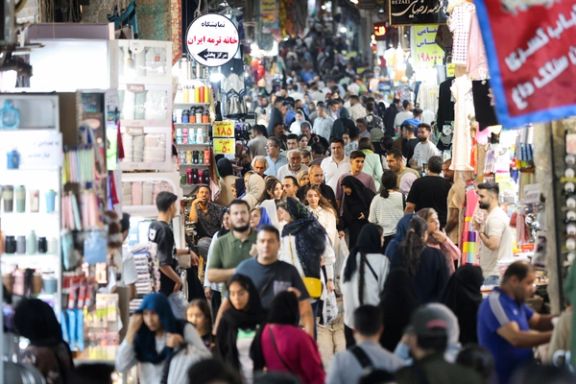Tehran factions battle in mayoral race despite voter apathy

The race for Tehran’s City Council elections is heating up among state-aligned factions almost entirely detached from an electorate which has largely quit the ballot box.

The race for Tehran’s City Council elections is heating up among state-aligned factions almost entirely detached from an electorate which has largely quit the ballot box.
Preoccupied with the daily struggle to make ends meet—and having lost hope in meaningful change through elections—many in Iran’s capital view the spectacle of rival elites competing for power as little more than political theatre.
Turnout in Tehran’s last council election barely reached 25 percent. Mehdi Chamran, the conservative who now chairs the council, was elected with votes from roughly five percent of eligible citizens.
Sociologist Masoumeh Entezam recently described this decline as part of a deeper “crisis of participation” marked by “silent votes” and the erosion of political representation.
Writing in the government’s official daily Iran, she said many Iranians now see elections as contests for “specific factions rather than society at large,” but added that the new “proportional” system—to be introduced in next year’s Tehran council elections—could “open a small window toward reviving the institution of elections.”
Power launchpad
Despite outside doubts, within Iran’s insular political class the race is seen as highly consequential.
The Tehran City Council not only selects the capital’s mayor but has long served as a launchpad for national ambitions.
In 1997, the municipality’s reformist-aligned daily Hamshahri helped propel Mohammad Khatami’s late campaign to victory. Eight years later, then-mayor Mahmoud Ahmadinejad, appointed by the ultraconservative Abadgaran faction that controlled the council, rode the same route to the presidency.
With the next election due in May 2026, nearly every major political camp is maneuvering to secure a foothold.
Reformists and centrist parties—often sidelined in recent years—have vowed to present a unified list, a first for Iran’s local elections, according to prominent centrist figure Hossein Marashi.
Hardliners, despite controlling the current council that installed Alireza Zakani as mayor, remain divided. Some members have resigned early to prepare their own bids.
Hardliners divided
Among the key contenders are the ultraconservative Paydari Party and Sharian, a newer faction led by Mehrdad Bazrpash, a former protégé of hardline presidents Mahmoud Ahmadinejad and Ebrahim Raisi.
Reports in Tehran media suggest Bazrpash now leads a well-funded campaign to secure the mayorship.
Outlets such as Khorassan and Khabar Online describe the council race as a “preliminary stage” for the next presidential contest, warning that hardliners risk repeating the infighting and disillusion that have already alienated many urban voters.
Despite the fevered jockeying among Iran’s political elite, few believe the outcome will meaningfully alter the city’s direction—or the country’s.
As in other elections under the Islamic Republic, the final result is widely expected to align with Supreme Leader Ali Khamenei’s preferences, not the will of an increasingly detached public.